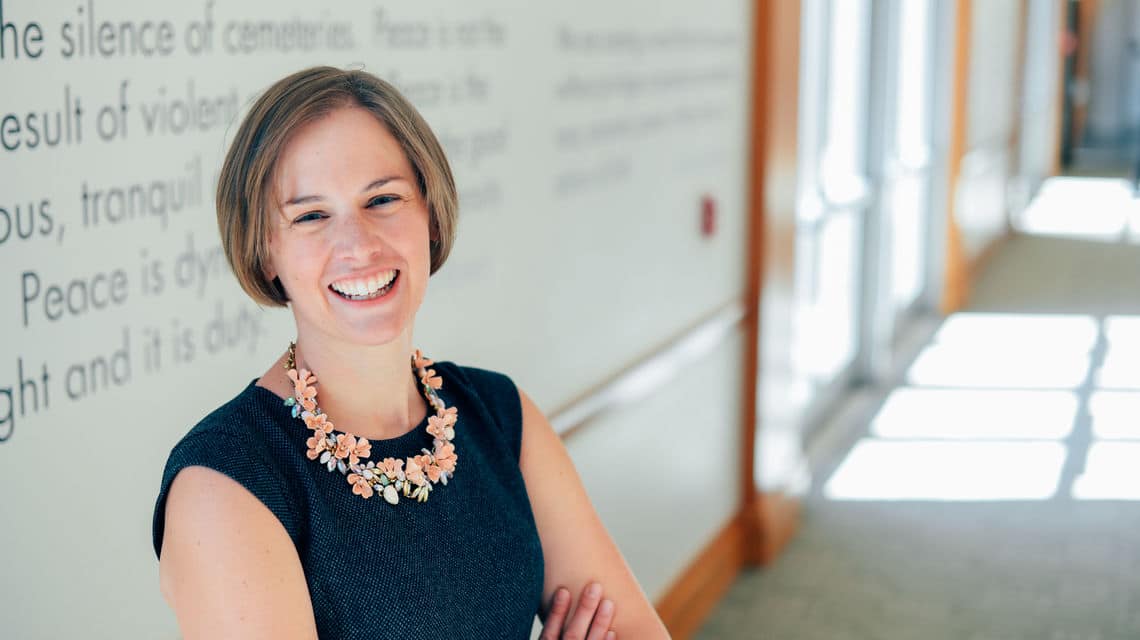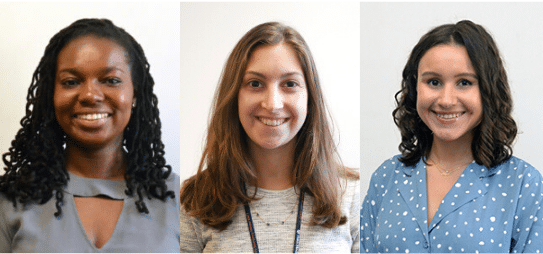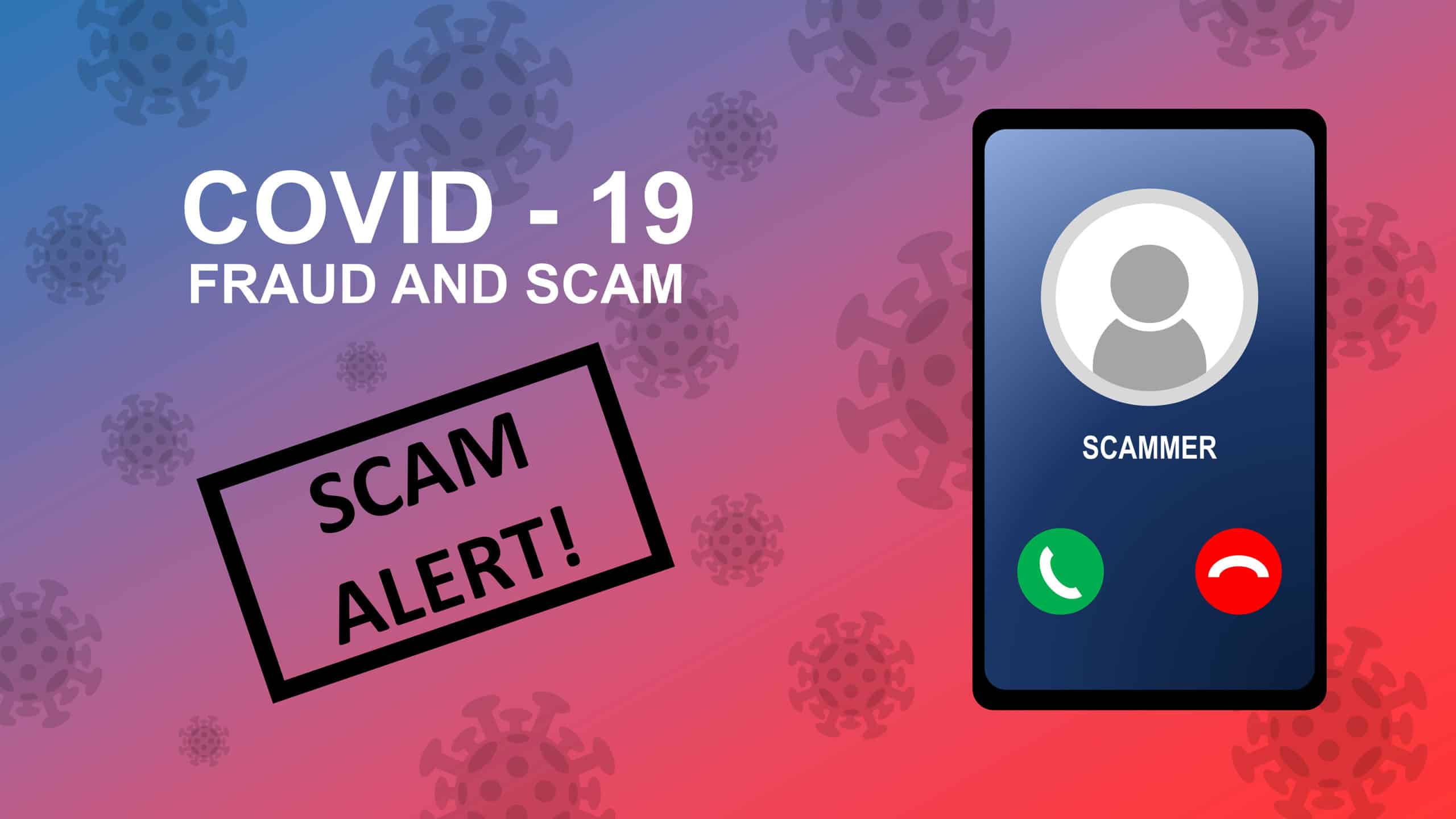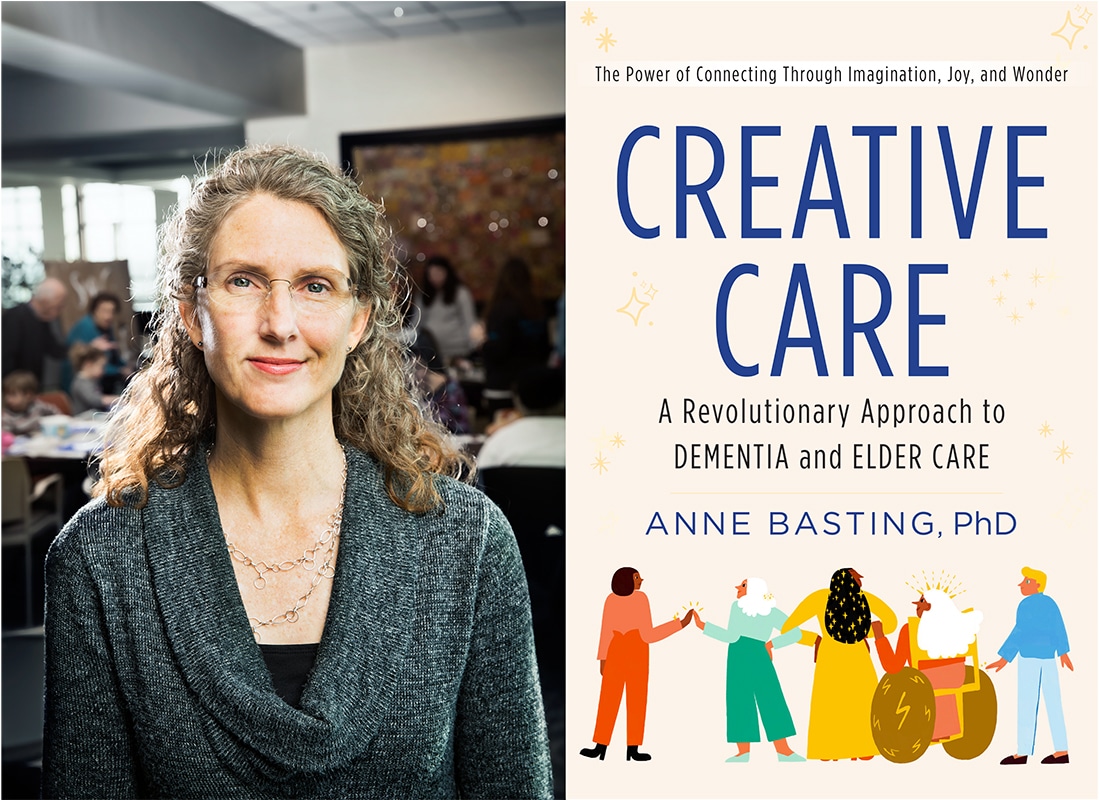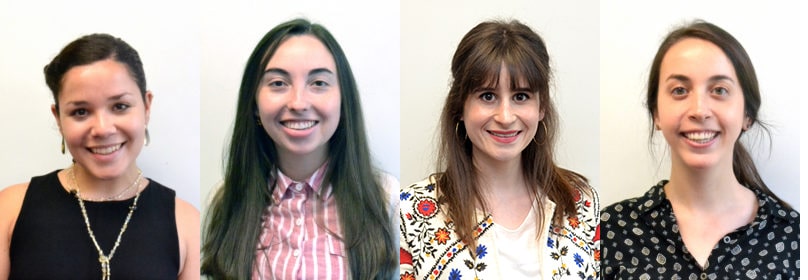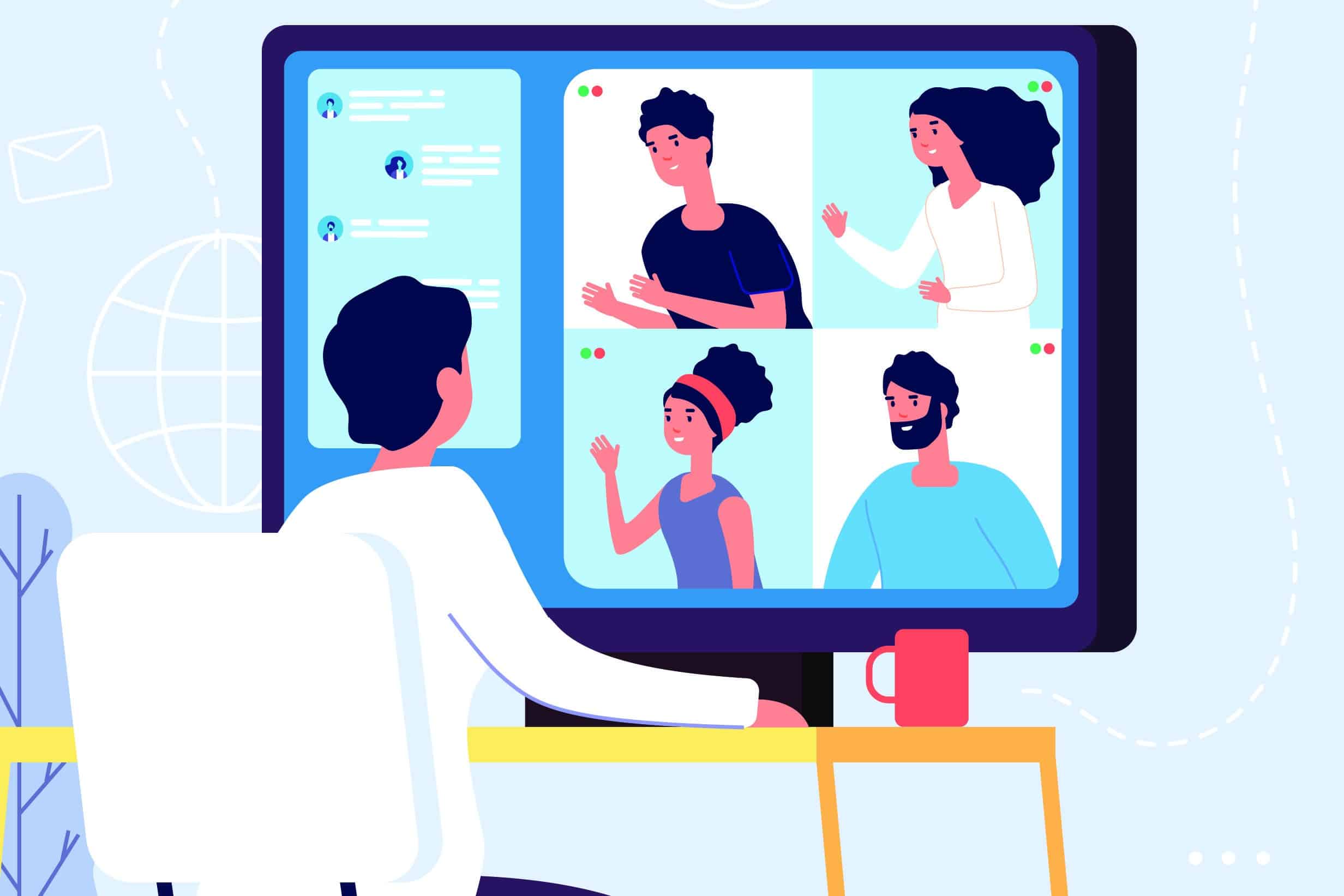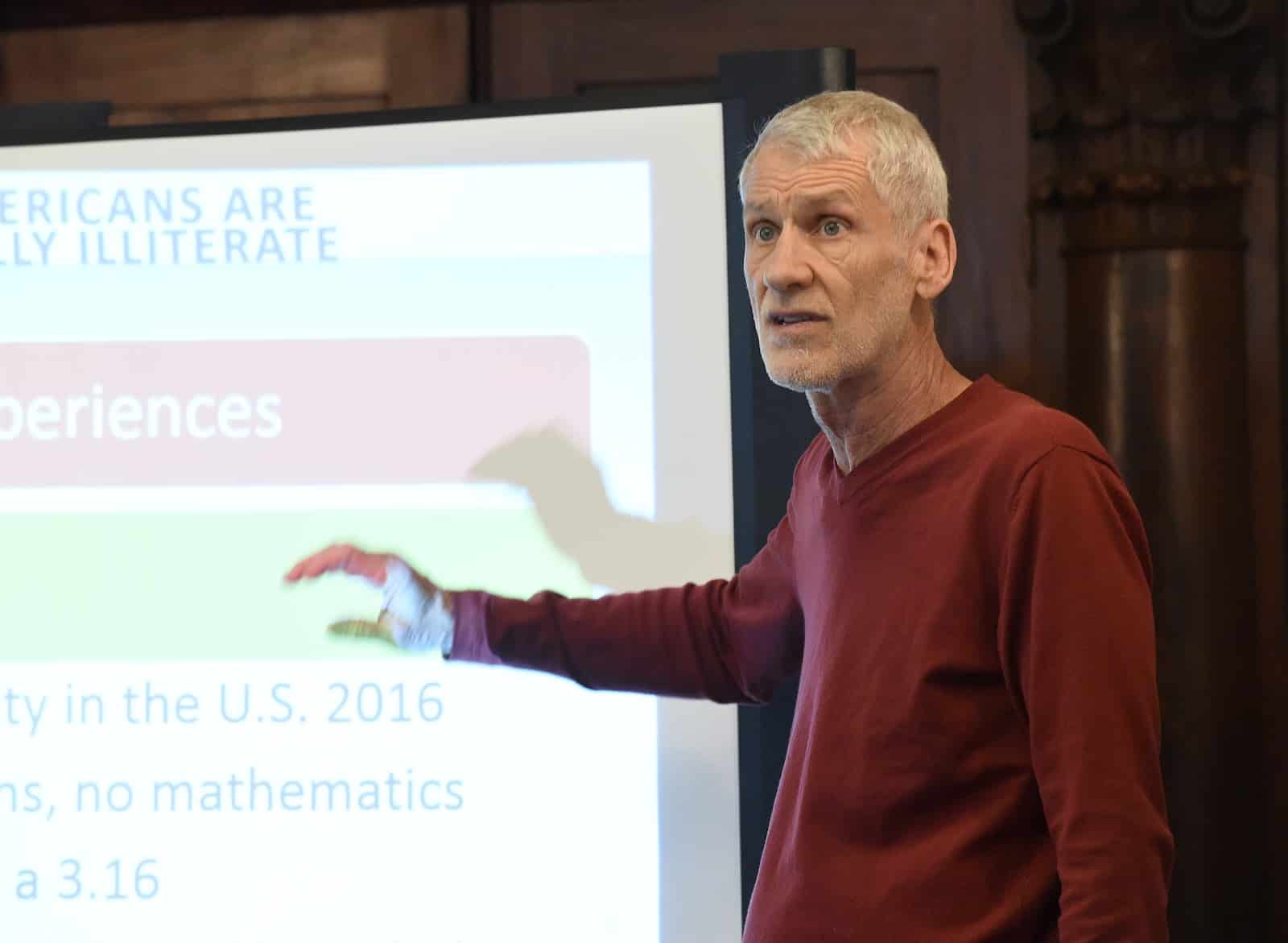We are a nation, a city, at a crossroads.
Driven by the unjust killings of George Floyd, Ahmaud Arbery, Breonna Taylor, and countless other Black individuals, Americans are confronting the painful truth that discrimination and systemic racism are present in our daily lives. Across the globe and within our own West Philadelphia neighborhoods, people are taking to the streets with a clear message: Black Lives Matter.
